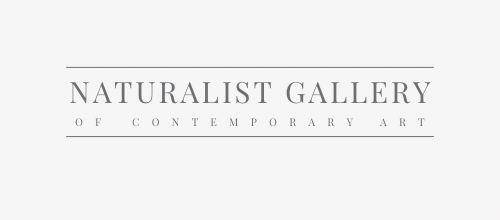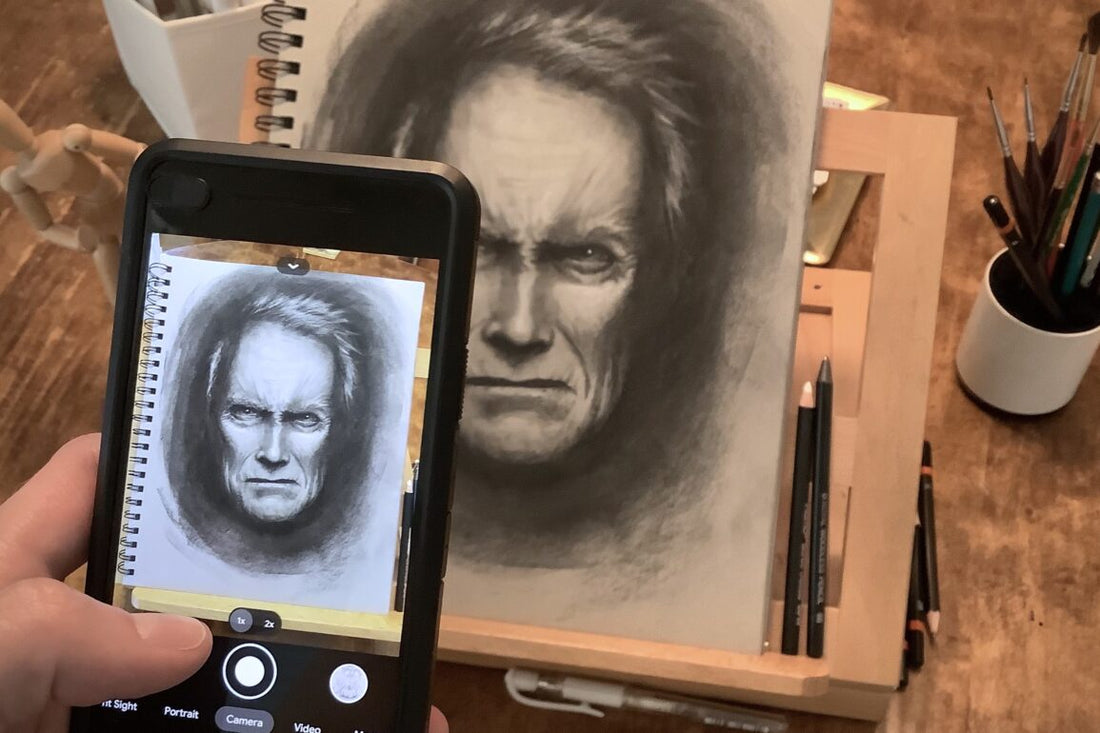In the digital age, social media has dramatically altered the way art is critiqued, reviewed, and consumed.
Social media has democratized art criticism by giving everyday users a platform to review, share, and discuss art. This new breed of critic offers immediate feedback, but also raises concerns about the depth and quality of analysis.
Platforms like Instagram, TikTok, and YouTube have democratized art criticism by giving everyone—from seasoned professionals to everyday users—a voice in the conversation. This shift has created a new type of art critic, one who thrives on quick, accessible, and visually appealing content.
Explore our curated selection of contemporary artists from around the globe.
Naturalist Gallery offers artist representation internationally. Apply your art.

The Democratization of Art Criticism
Traditionally, art criticism was reserved for academic journals and prestigious publications, limiting who could participate in the discourse. Social media has disrupted this exclusivity, allowing anyone with an internet connection to review, comment on, and share art with a global audience. On Instagram, for example, users can "like," comment, and share artwork instantly, giving real-time feedback to artists. Similarly, TikTok and YouTube offer platforms where critiques can be made through videos, creating a more engaging and visually interactive format for art analysis.

A Broader Reach and New Art Forms
Social media has made art more accessible, allowing artists to showcase their work directly to their audience, bypassing galleries and exhibitions. Artists can sell their works online, engage with audiences in real-time, and collaborate with others across borders. Platforms like TikTok have even inspired new forms of art-making, such as time-lapse videos and meme art, which blend entertainment with creativity.

Challenges of Online Criticism
However, the rise of social media as an art critique platform is not without its drawbacks. The rapid pace and brevity of online feedback can lead to superficial or polarized opinions. Furthermore, platforms driven by algorithms may create echo chambers, where artists receive praise only from like-minded individuals. This raises questions about the value of professional critique in an era where popularity, as measured by likes and shares, often supersedes nuanced analysis.
The digital age has reshaped the landscape of art criticism, making it more inclusive and engaging. While this shift opens up new opportunities for artists and audiences, it also brings challenges, such as the potential loss of depth in critique. As social media continues to evolve, so too will the role of the modern art critic, straddling the line between accessibility and expertise.
Learn more About Naturalist Gallery of Contemporary Art.

You may also find the following articles helpful:
The 14 Essential Artists of Impressionism
Expressionism: 20 Iconic Paintings & Their Artists
Renaissance Art: Origins, Influences, and Key Figures
Classical Art Movement: Exploring the History, Artists, and Artworks
Figurative Art: Understanding, Collecting, and Appreciating the Style
Daily Routines of Famous Artists: Learn from the Masters
Top 12 Controversial Artworks That Changed Art History

